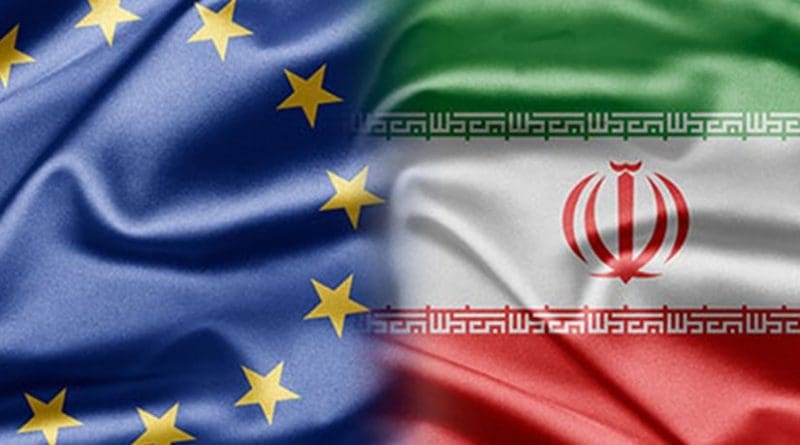Six New European Nations Join Iran Barter System Opposed By US
By RFE RL
(RFE/RL) — France, Britain, and Germany say that six new European nations have joined INSTEX, the bartering system they developed to allow firms to conduct business with Iran without violating U.S. sanctions.
In a joint statement on November 30, the three said they “warmly welcome the decision taken by the governments of Belgium, Denmark, Finland, the Netherlands, Norway, and Sweden to join INSTEX as shareholders.”
The United States has vehemently opposed the plan, with Vice President Mike Pence saying earlier this year that “the time has come for our European partners to stop undermining U.S. sanctions against this murderous revolutionary regime.”
The Paris-based INSTEX — or Instrument in Support of Trade Exchanges — is a special-purpose financial vehicle that allows Iran to continue to sell oil and in return import other products and services, using a barter system rather than the U.S. dollar.
The joint statement said the inclusion of the new members “further strengthens INSTEX and demonstrates European efforts to facilitate legitimate trade between Europe and Iran.”
The plan focuses on areas not targeted by U.S. sanctions and will initially deal with “the sectors most essential to the Iranian population — such as pharmaceutical, medical devices, and agrifood goods,” foreign ministers from the three countries said in January when announcing the plan.
As of yet, no transactions have been enabled through the system.
The statement said the plan represents “a clear expression of our continuing commitment to the Joint Comprehensive Plan of Action” (JCPOA) — the formal name of the 2015 nuclear deal Iran signed with six world powers.
The three European allies — who signed the nuclear deal along with the United States, Russia, and China — have been working hard to keep the accord alive after U.S. President Donald Trump announced in May 2018 that he would withdraw from the deal and reimpose sanctions on Tehran.
After the U.S. pullout, Tehran demanded that the European signees mitigate the damages inflicted on Iran’s economy by the renewed U.S. sanctions and it began exceeding some uranium-enrichment limits set out under the accord.
In their statement, the European allies said Iran must return to full compliance with its commitments under the deal “without delay.”
“We remain fully committed to pursuing our efforts towards a diplomatic resolution within the framework of the JCPOA,” the European allies said.
Speaking on December 1, Iran’s parliament speaker Ali Larijani expressed skepticism about the effectiveness of the bartering system, telling reporters that it was “unclear whether INSTEX will have concrete results.”

